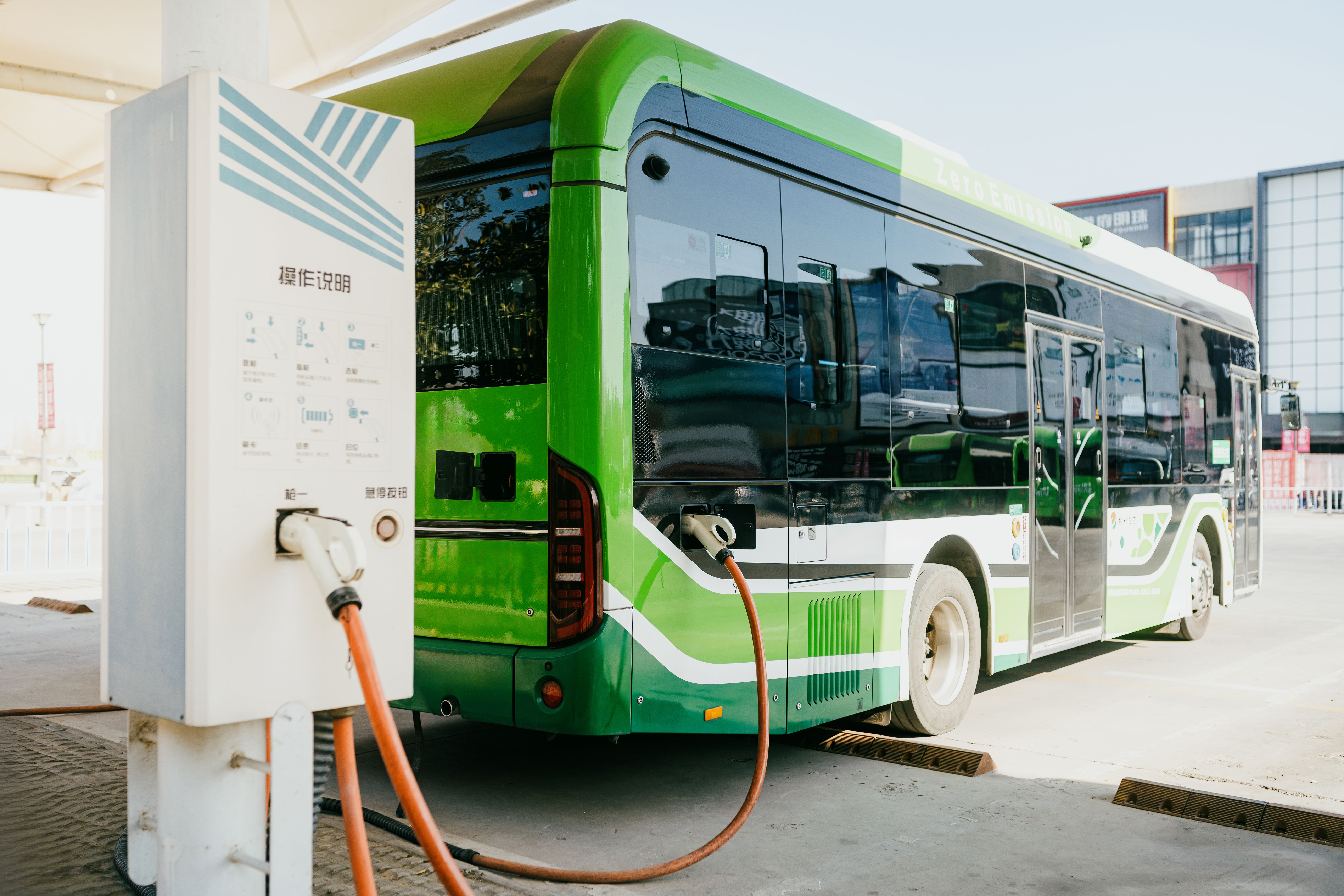Eco-Friendly Transportation in NJ: Saving Money and the Planet
Introduction to Eco-Friendly Transportation
In recent years, the need for sustainable and eco-friendly transportation has become increasingly important. As one of the most densely populated states in the U.S., New Jersey faces significant challenges in managing traffic congestion and reducing emissions. Fortunately, there are several eco-friendly transportation options available that not only help in saving the planet but also allow residents to cut down on their transportation expenses.

Benefits of Eco-Friendly Transportation
Adopting eco-friendly transportation methods comes with numerous benefits. Firstly, it significantly reduces greenhouse gas emissions, contributing to a healthier environment. Additionally, these methods often lead to cost savings, as they typically consume less energy than traditional transportation options.
Financial Savings
Switching to environmentally friendly transportation can also have financial advantages. By using public transit or carpooling, individuals can save on fuel costs, parking fees, and maintenance expenses. Moreover, many eco-friendly vehicles offer tax incentives and rebates, further reducing the overall cost of ownership.

Options for Eco-Friendly Transportation in NJ
New Jersey offers a variety of eco-friendly transportation options. These include:
- Public Transit: NJ Transit provides extensive bus and train services that are both affordable and environmentally friendly.
- Biking: Many cities in New Jersey have developed bike lanes and bike-sharing programs to encourage cycling as a mode of transport.
- Electric Vehicles (EVs): With a growing network of charging stations, driving an electric vehicle is becoming more convenient in NJ.
Public Transit
NJ Transit's extensive network makes it easy to travel across the state without relying on a personal vehicle. The trains and buses are not only efficient but also significantly reduce carbon footprints compared to individual car rides.

Biking and Walking
Biking and walking are two of the most environmentally friendly modes of transportation. Many communities in New Jersey have invested in infrastructure that supports safe cycling and pedestrian pathways, making these options more accessible and appealing for short commutes.
Electric Vehicles
The adoption of electric vehicles is on the rise in New Jersey. With incentives such as state rebates and an expanding charging station network, EVs are becoming easier to own and operate. These vehicles produce zero exhaust emissions, making them an excellent choice for eco-conscious drivers.

Conclusion: A Greener Future for New Jersey
Embracing eco-friendly transportation options is essential for creating a sustainable future in New Jersey. By taking advantage of public transit, biking, walking, or switching to an electric vehicle, residents can significantly reduce their carbon footprint while enjoying economic benefits. As more people make the shift towards greener transportation methods, New Jersey will continue to move towards a cleaner, healthier environment.